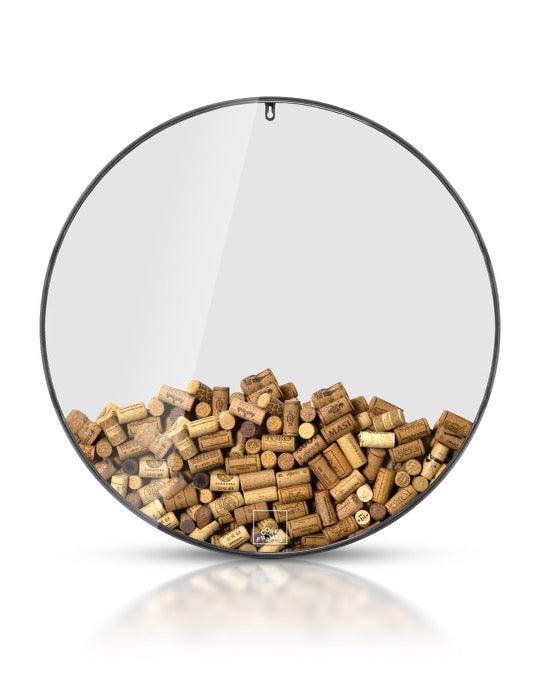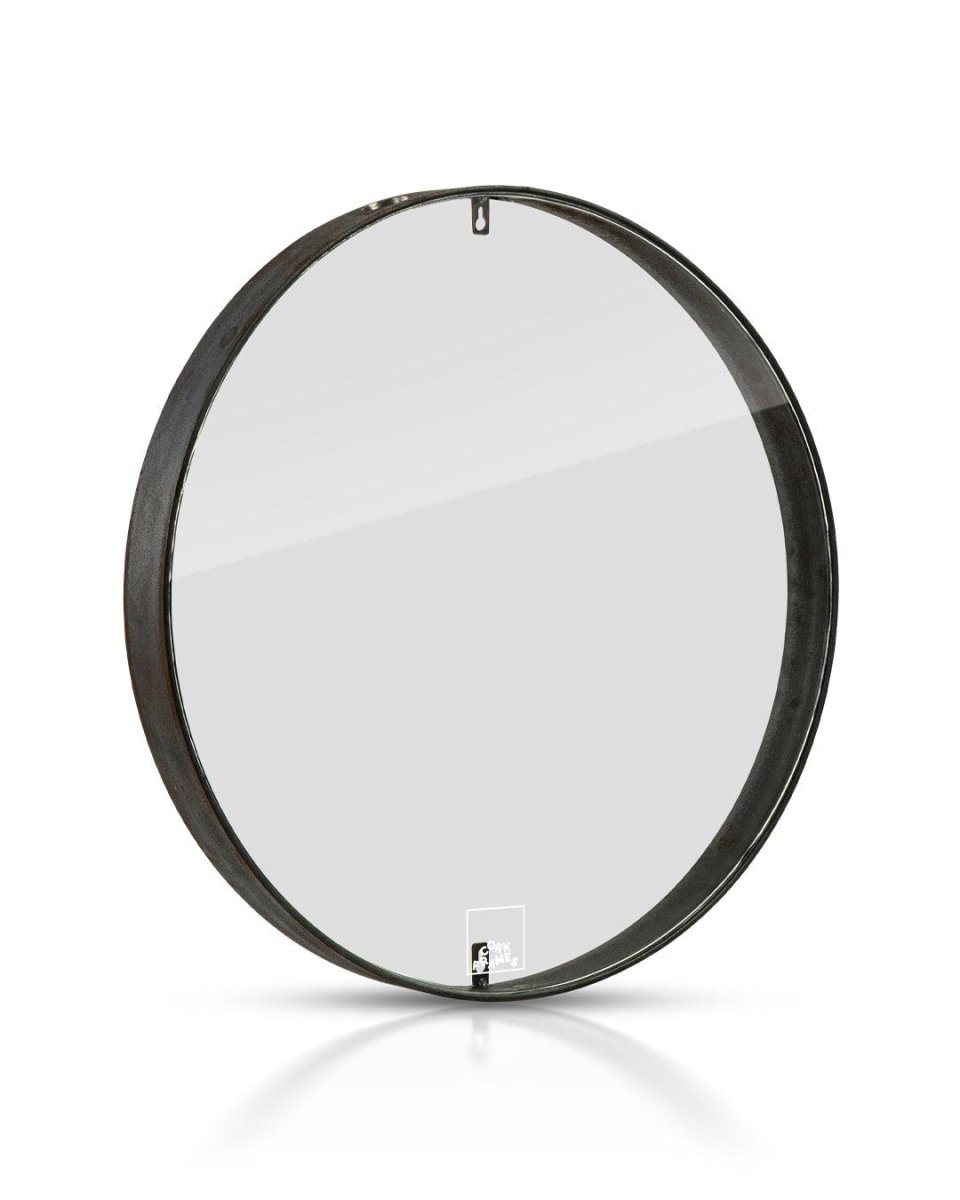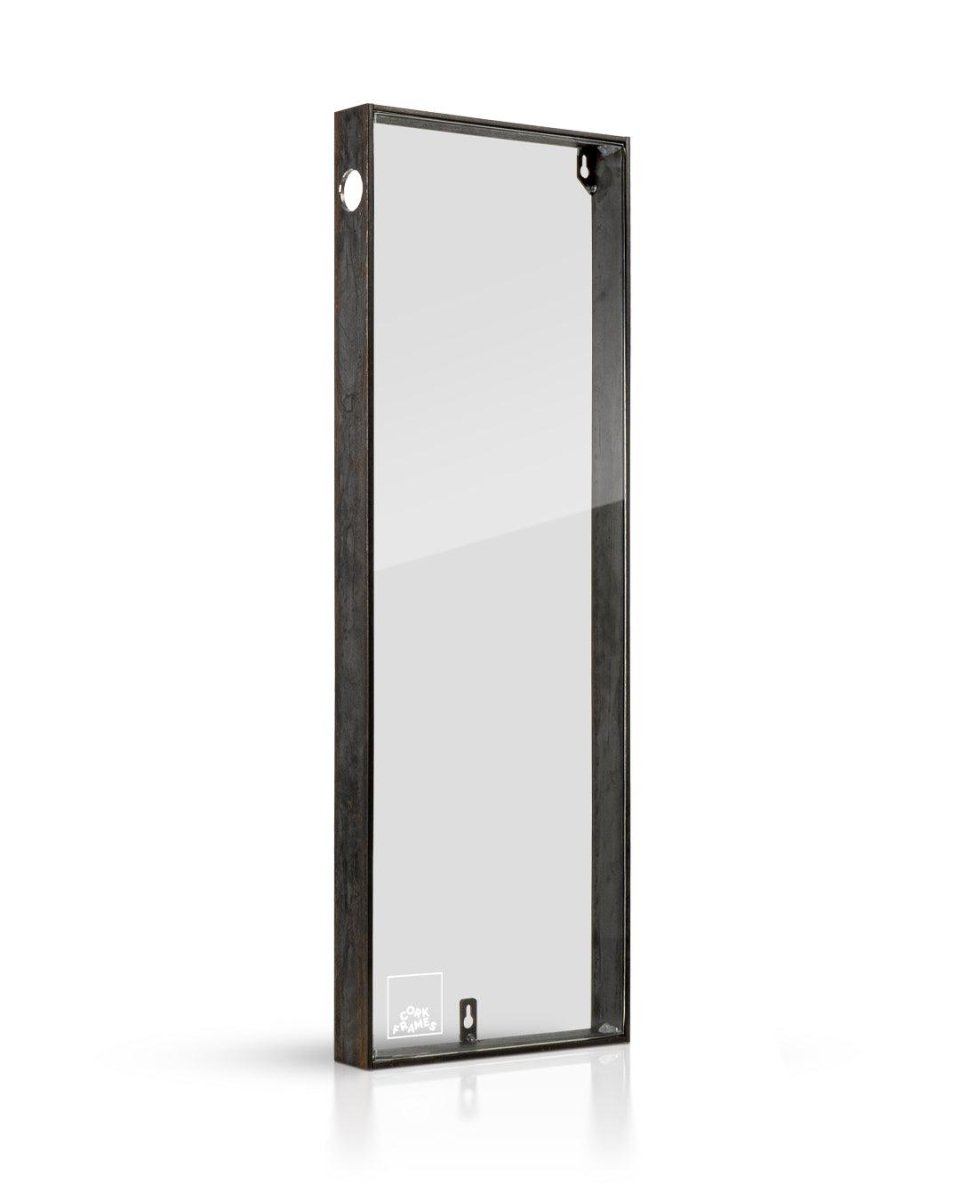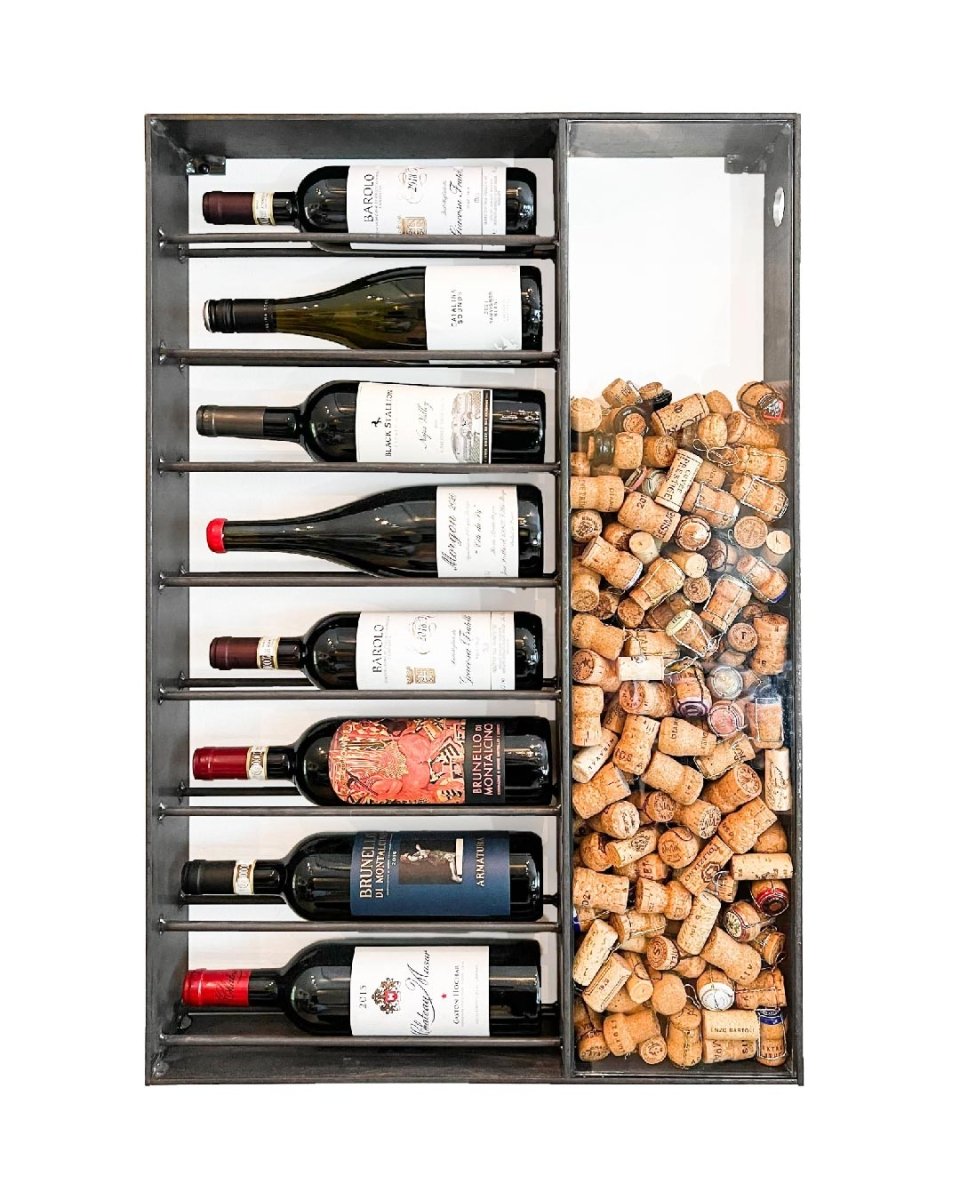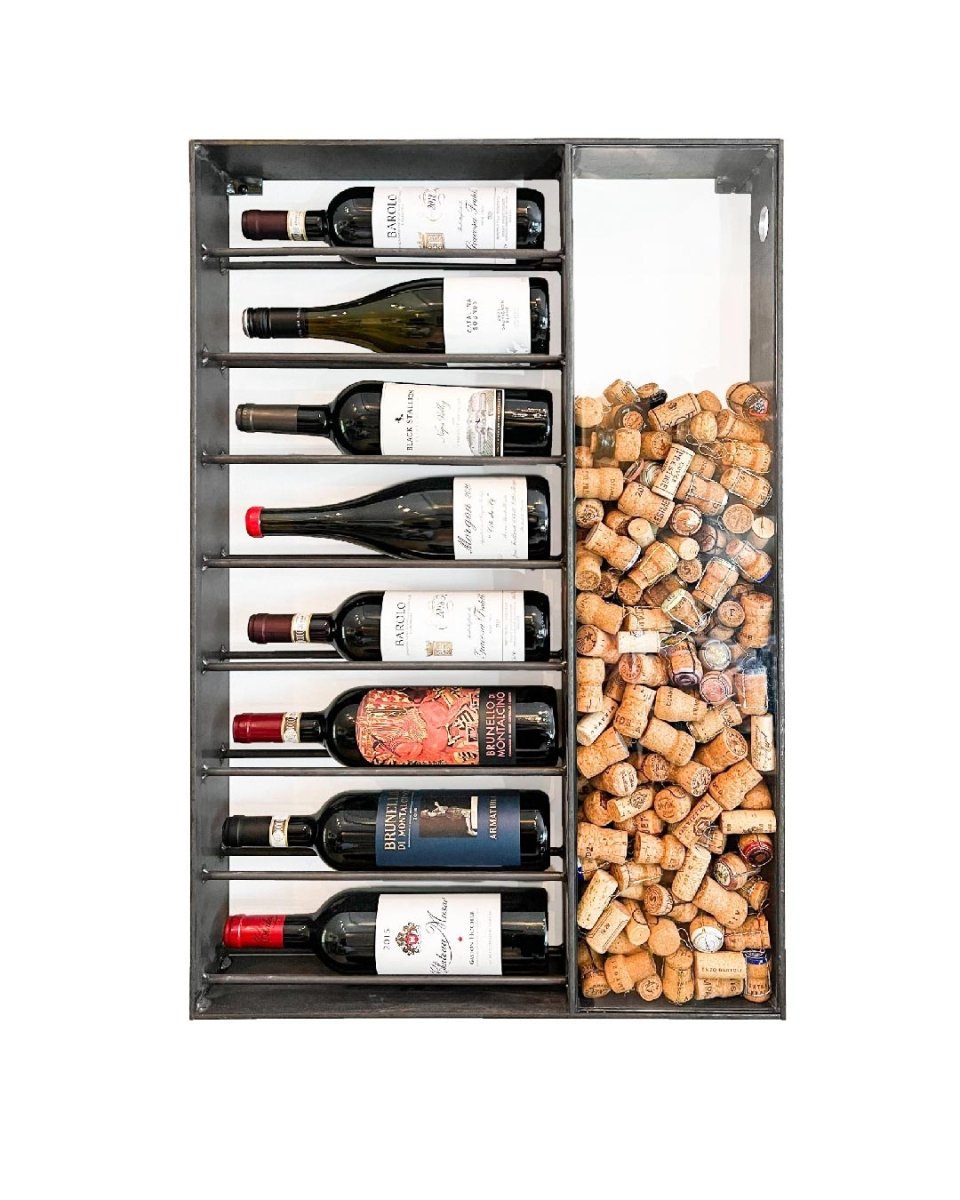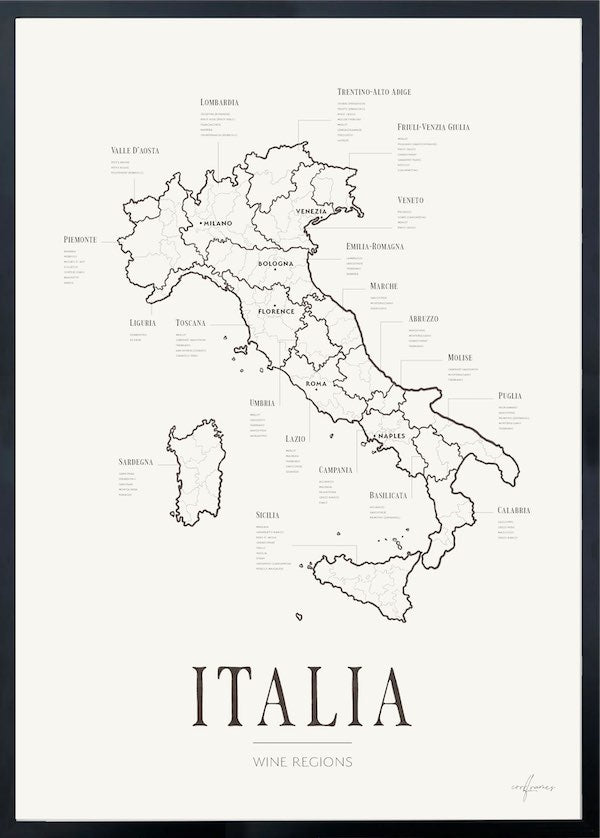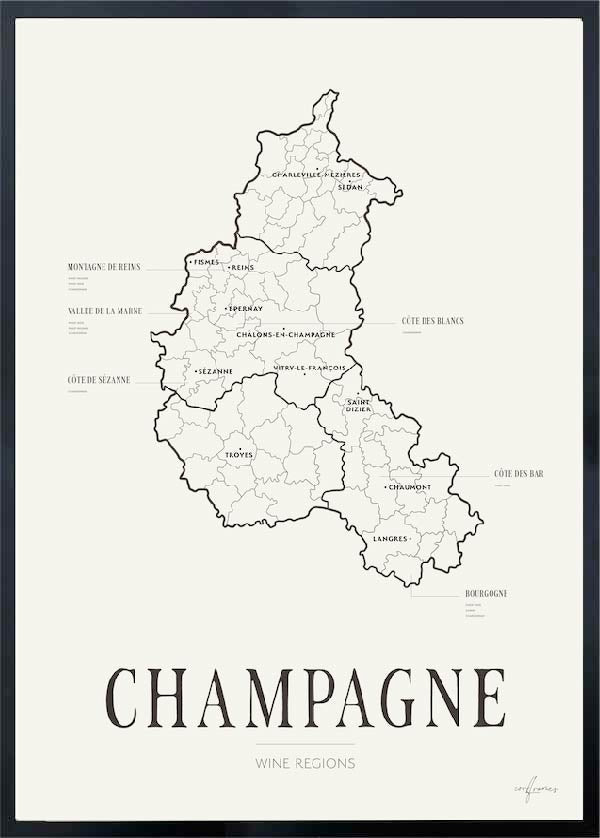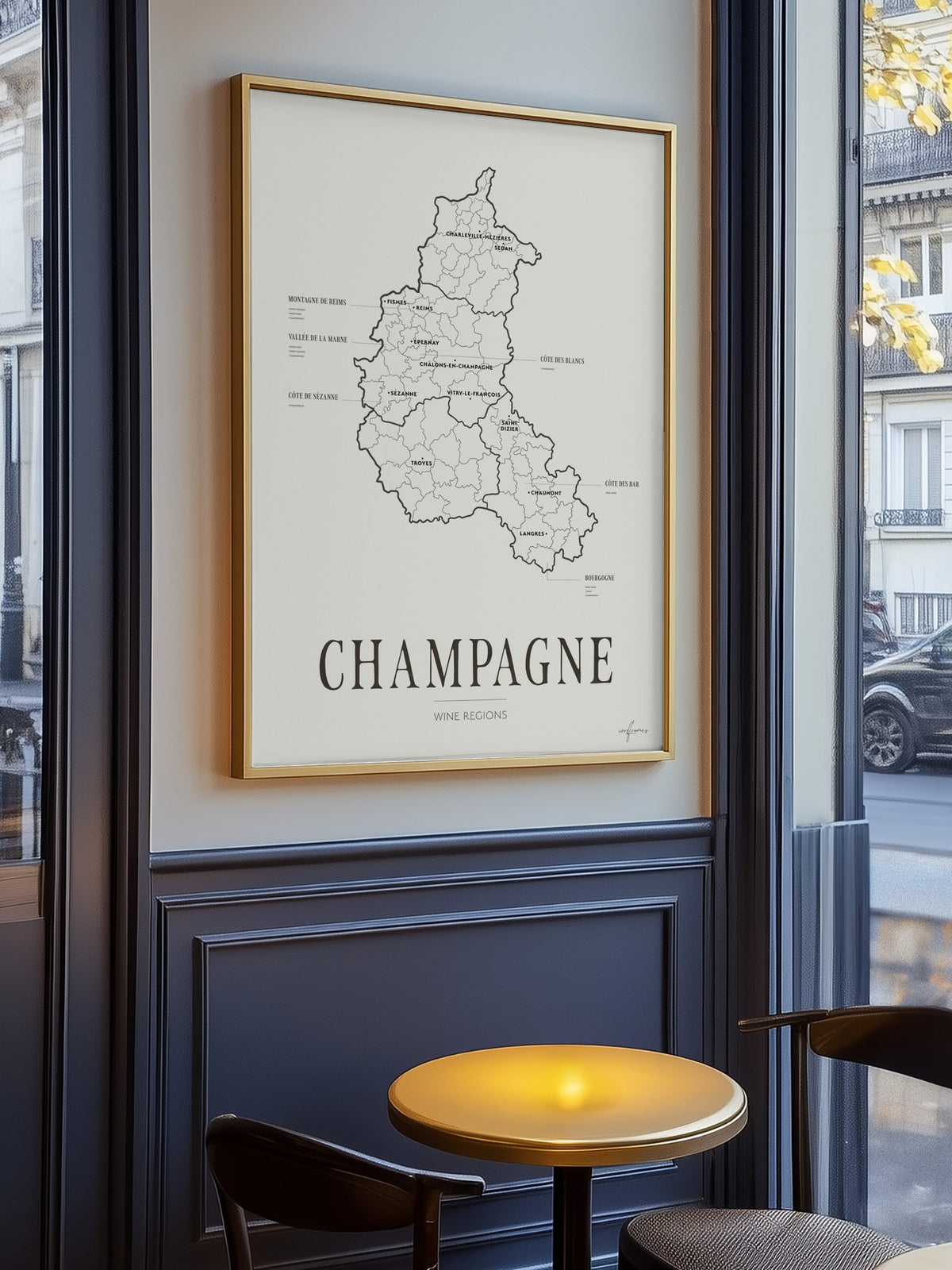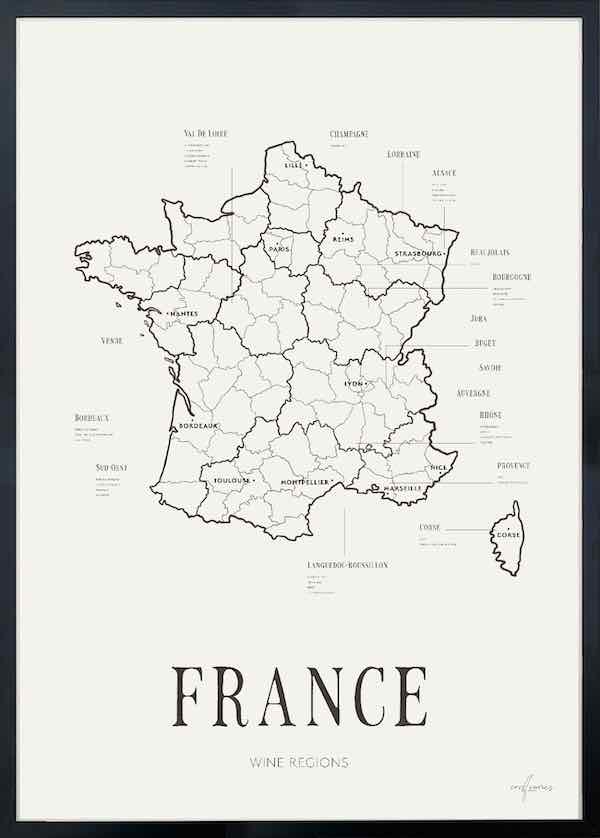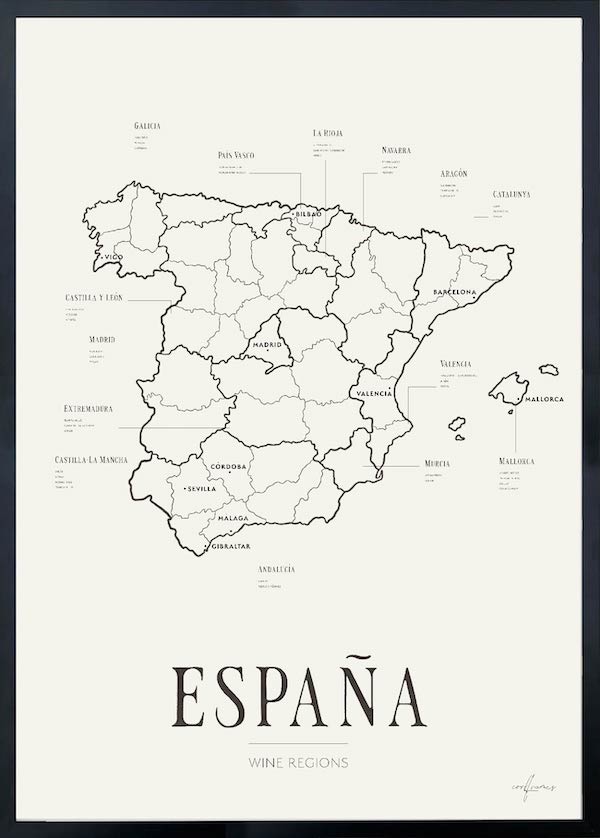Becoming a sommelier attracts many who are passionate about wine, gastronomy, and creating memorable experiences. But what does the profession really involve, what training options are available, and what career opportunities exist?
What Does a Sommelier Do?
A sommelier is a beverage expert with deep knowledge of wine, food, and service. The role is about creating complete dining experiences. Typical responsibilities include:
-
Designing wine lists and beverage menus
-
Recommending wines to match food
-
Leading tastings and events
-
Managing purchases and logistics
-
Training staff and educating guests about wine culture
How Long Is the Training?
The length of sommelier training varies depending on the school and level. Introductory programs can last just a few months part-time, while advanced international certifications may take several years. Many choose to build their knowledge step by step.
Types of Education
There are several internationally recognized options:
-
WSET (Wine & Spirit Education Trust) – courses at multiple levels, from beginner to expert.
-
Court of Master Sommeliers – famous for its prestigious exams.
-
Specialized programs – focusing on beer, spirits, or coffee for those who want to broaden their expertise.
Key Considerations
-
Service mindset – the role is just as much about people as it is about wine.
-
Food & wine pairing – understanding how flavors interact is essential.
-
Work environment – many sommeliers work evenings and weekends in restaurants.
-
Investment – both time and money are required, especially for international programs.
Career Opportunities
After completing training, career paths include:
-
Restaurants and hotels
-
Wine import and distribution
-
Events and tastings
-
Teaching and lecturing
-
Writing for media as a wine journalist or critic
Many also pursue sommelier education simply to deepen their personal passion for wine, without necessarily working professionally in the field.
A sommelier education is a doorway into a world of taste, culture, and experiences. It opens opportunities in the international job market, while also offering a personal journey filled with knowledge and passion for wine and beverages.







